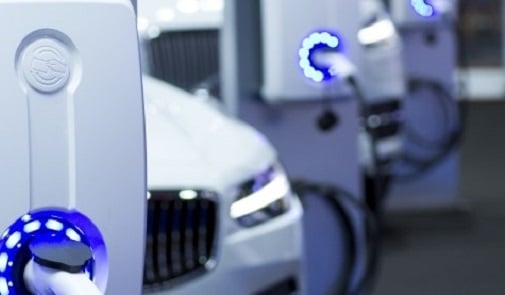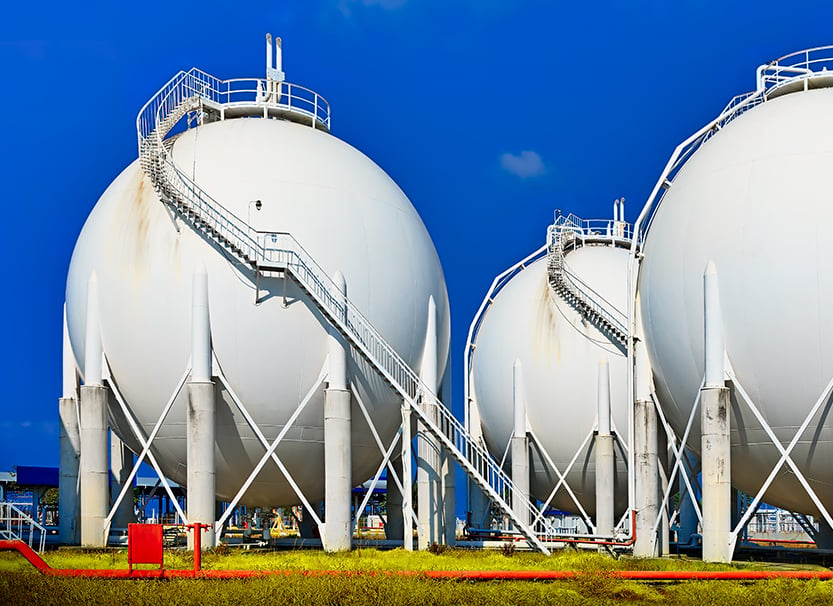
H.R.1: What You Should Know About the Environmental and Energy Provisions in the “One Big Beautiful Bill” Act
On July 4, President Trump signed H.R.1—the “One Big Beautiful Bill,” referred to as the OBBB—into law. This sweeping tax and policy law, enacted through the process of budget reconciliation requiring a simple majority vote by Congress, carries significant implications for environmental funding, clean energy development, and climate-related programs administered by the U.S. Environmental Protection Agency (EPA), as well as the tax code. Much of the provisions affect programs and funding originally authorized under the 2022 Inflation Reduction Act (“IRA”), which was former President Biden’s signature budget reconciliation bill. Below, we outline some of the key features of the OBBB environmental and energy provisions.

U.S. EPA Opens Public Comment on Funding for Zero-Emission Vehicles and Charging Infrastructure Under Inflation Reduction Act
The U.S. Environmental Protection Agency (EPA) issued, on May 5, 2023, a request for information seeking input on the availability of zero-emission technologies in the heavy-duty vehicle and port sectors toward establishing funding programs under the Inflation Reduction Act (IRA). EPA requests comment from manufacturers, distributors, installers, fleet operators, and port operators about their products and experience with zero-emission technologies.

EPA Proposes Granting Louisiana Primacy Over Carbon Sequestration Well Program
The U.S. Environmental Protection Agency (EPA) proposed to approve Louisiana’s request for control over the permitting of carbon sequestration wells in the state. EPA’s approval would provide Louisiana authority under the Safe Drinking Water Act (SDWA) Underground Injection Control (UIC) program to administer a “Class VI” injection well program for the geologic sequestration of carbon dioxide, following similar such approvals for North Dakota and Wyoming. Stakeholders should take note of this proposed action because EPA approval of Louisiana’s program could advance carbon capture and sequestration (CCS) projects stymied by the backlog of permit applications pending before the EPA.
DOE Announces Over $4B in Energy Transition Project Tax Credit and Grant Programs
The U.S. Department of Energy (DOE), alongside the Internal Revenue Service (IRS) and Department of the Treasury, has announced plans to implement programs funded by the Inflation Reduction Act and the Bipartisan Infrastructure Law: the Low-Income Communities Bonus Credit Program (48(e)), the Qualifying Advanced Energy Project Credit (48C)), and the Advanced Energy Manufacturing and Recycling Grant Program. Together, these programs will make available more than $4 billion in federal tax credits and grants for energy transition projects in an effort to “accelerate domestic clean energy manufacturing and ensure traditionally underserved communities benefit from clean energy technologies.”


